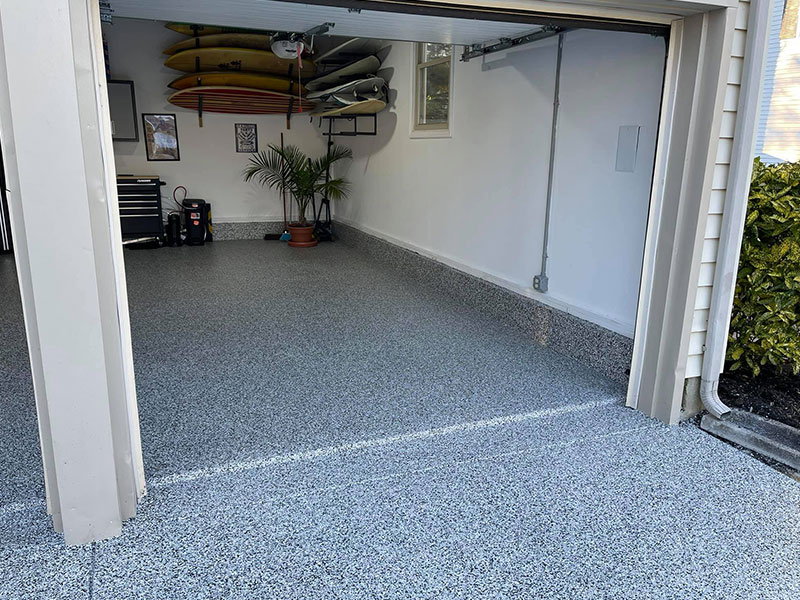Most home improvement projects come with a DIY option, but the perks associated with your remodeling come at a cost. Installing your home flooring means you do not need to pay for labor but also have to spend hours pushing tiles and planks for proper positioning.
You can update the plumbing with small details and custom choices. You can also face the risk of incorrect installation and water damage. Every renovation project includes benefits and a trade-off of costs, but sometimes DIY options have far more benefits than costs.
Few projects need products that are not available in the big box stores. They need special tools and solid chemical materials not available to private consumers that involve licensing requirements. If you want to protect your garage floor with a strong floor coating, you do not have to make the trade-off of increased efforts and time for a DIY option. You need to make do with weaker materials. Most garage floor kits include Epoxy instead of the professionally standard materials from polyaspartic or polyurea.
Meaning of Polyaspartic/Polyurea
Polyurea comes under a technical subgroup of polyurethane. It is formed when an isocyanate reacts with water or a polyetheramine that helps to create a urea linkage. Polyurea is a 2-part component that you can mix with resin with a catalyst that helps create a curing reaction. The reaction is responsible for hardening the material.
Polyurea has an elongation rate that can exceed 300% and makes it far more flexible than Epoxy. For this reason, it is an ideal property for spray-on bed liners, industrial pipe coatings, and fillers for joints. Due to its faster cure rate, most polyureas require professional installation that involves specialized equipment.
Polyspartic is one kind of aliphatic polyurea. The polyspartic conquers the challenges met with fast cure time by extending the pot life of the product and allowing a longer pot-life by extending the application time. A professional installer will take 10-120 minutes to properly install polyurea before the beginning to set or even cure it.
Comparison of Polyurea/Polyspartic coating with Epoxy
Polyurea is a subgroup of polyurethane. It is formed when isocyanates react with polyether amines or water to create a urea linkage. Like Epoxy, it is a two-part component that mixes resin with a catalyst. It causes a curing reaction that makes the material hard. Polyurea is four times more potent yet 98% more flexible than Epoxy. It is highly elastic and easily accommodates expansion, contraction, and relative movement within concrete without cracking.
Stability, maintenance, and resistance
Polyurea is resistant to gas, oil, salt, and other harsh chemicals up to battery acid. All you need to do is sweep up the debris and clean with your favorite cleaning product. This way you can keep your floor stay beautiful for many years. Epoxy is not impervious to staining. Although it can be helpful, Epoxy can remain damaged or stained from chemicals like gas, oil, street de-ice fluid, and salt.
Temperature, Odor and time
Concrete coatings can be applied in just three layers, the first being both the color coat and primer, the second being the paint chip broadcast, and the last being the clear topcoat. Due to the fast cure rates, you can quickly get a complete flooring system installed in one day. It means that you do not need to do it without your space for 3-4 days like you would for the epoxy system.
The polyaspartic and polyurea coatings can be applied in temperatures as low as -30F to as high as 140F, whereas for Epoxy, it needs to be above 55F. It means that you do not have to wait till summer or spring to coat your concrete floors.
Conclusion
Installation completed with polyurea coatings helps to save hours over conventional systems. It is one of the best floor coating options available today for garage floor coating. Polyspartic floor coatings last longer and stand up better to a broader range of hazards. Epoxies are not durable and flexible. It means your garage won’t be as well protected.

